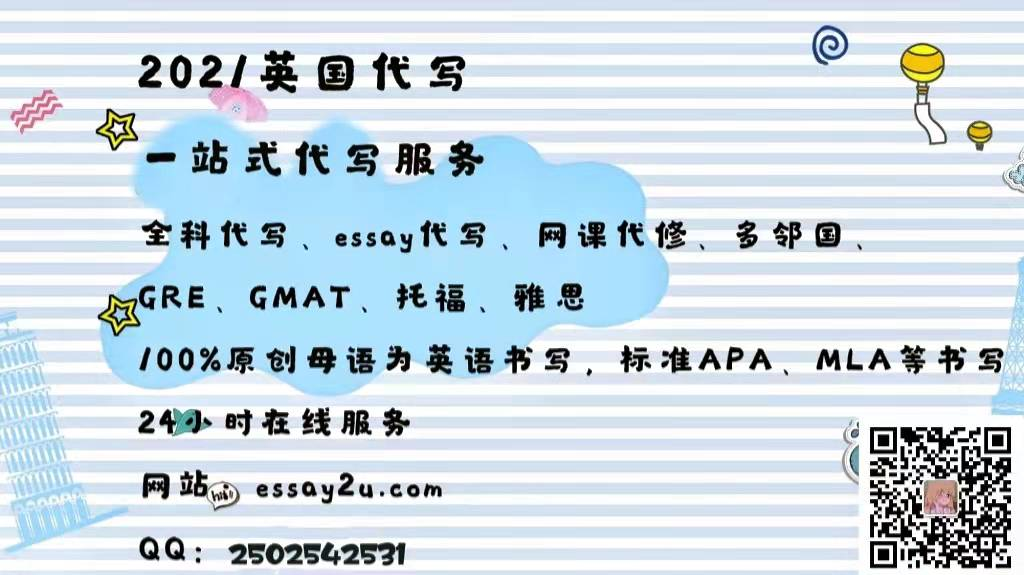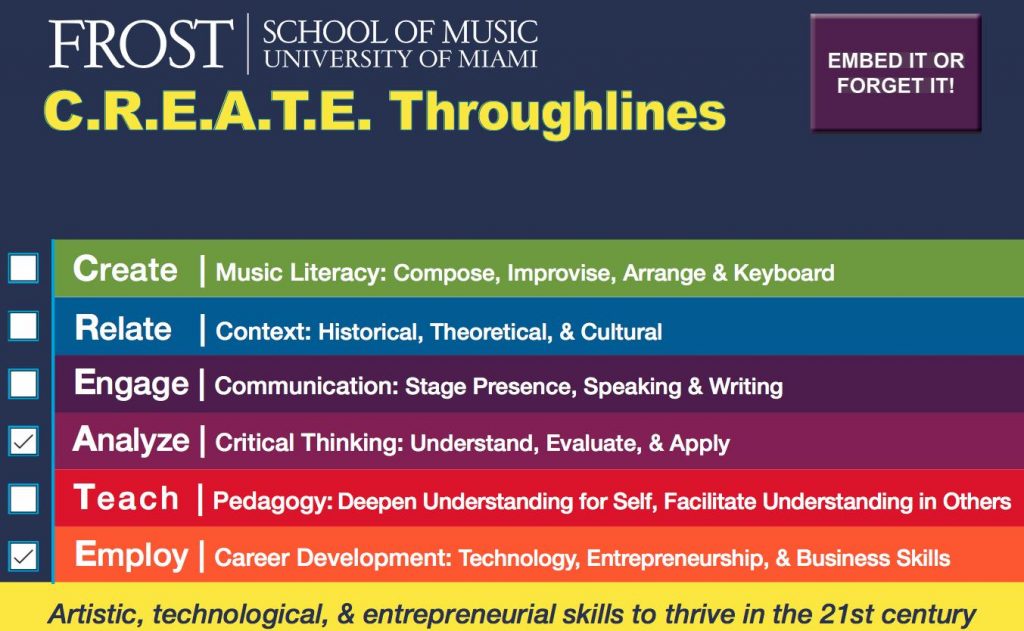MMI 501-Q: Transducer Theory
传感器理论代修 Students use computer-aided design programs and Thiele-Small parameterization to model loudspeakers and measure loudspeaker responses.
| Instructor | Dr. Christopher Bennett | Phone | 305-284-2226 (office) 305-284-1275 (lab) |
| Office | Rehearsal Center Rm 234 | [email protected] | |
| Hours | By Appt. | Meet | WML 130, Tu/Th 1:00p-2:15p |
Learning Objectives: 传感器理论代修
This course covers the fundamentals of electromagnetism and audio transducer theory including loudspeaker and microphone systems. Classical electro-acoustical analysis of transducers including acoustic suspension, bass-reflex, transmission line, electrostatic and horn loudspeakers, dynamic, ribbon and condenser pressure, and pressure-gradient microphones. Students use computer-aided design programs and Thiele-Small parameterization to model loudspeakers and measure loudspeaker responses.
Requisite: Open to MUE and EAN Majors only.
Methodology: Lecture
Resources: Transducer Theory v2.0 by Will Pirkle 传感器理论代修
Evaluation: Final grades will be assessed as follows:
- Homework: a few home-based problems will be assigned every class. These are practice questions to help prepare for the Chapter quizzes. (0%)
- Quizzes (7 or 8): Short quizzes, approximately 15-20 minutes, will be given after every Chapter, and will be drawn from homework questions. Quizzes will be administered on BlackBoard, and taken on your own time, not during contact hours. Quizzes are worth 10% each.
- Final Project: The final project will be the construction or simulation of a loudspeaker or microphone. The final project will count for the remainder of your grade (20% to 30%).

Attendance Policy: 传感器理论代修
The Frost School of Music values the presence and participation in class of the student as essential elements of the learning experience. Courses are experiential and participatory. The value of the course lies in preparing for, listening to, and participating in all class experiences. It is impossible for a student to make up a missed class with outside resources. Therefore, it is expected that students attend every class, arriving on time. The Frost School of Music maintains a firm 80% policy regarding attendance. A student who fails to attend at least 80% of class sessions does not qualify as having completed the course and will not receive a passing grade.
Honor Code: Students will be bound by the University of Miami Honor Code. All reports, papers, written assignments, and examinations must include a signed honor pledge that states: “On my honor, I have neither given nor received any aid on this assignment. Academic dishonesty will result in a lower or failing grade for the entire course.”
Disabilities:
Any student with a documented disability, sickness, or injury (e.g., physical, learning, psychiatric, vision, hearing, etc.) who needs to arrange reasonable accommodations must contact the Office of Disability Services. www.umarc.miami.edu
Tutoring: Peer and on-line tutoring is available. For more information, visit their website at www.umarc.miami.edu or call 305-284-2800
| Week | Topic | Chapter |
| 1 | Basic Transducer Acoustics | 1 |
| 2 | Modeling Acoustic Systems | 2 |
| 3 | Modeling Mechanical Systems | 3 |
| 4 | Transducer Modeling | 4 |
| 5 | Microphone Models – Dynamic | 5 |
| 6 | Microphone Models – Condenser/Ribbon | 5 |
| 7 | Microphone Models – Hybrid, filters | 5 |
| 8 | Loudspeaker Model – Infinite Baffle | 6 |
| 9 | Closed Box Design | 7 |
| 10 | Loudspeaker Design Software | 7 |
| 11 | Vented Box Design | 8 |
| 12 | Passive Radiators, Bandpass (Subwoofer) Design | 9 |
| 13 | Headphone models | Notes |
| 14 | Project Design Presentations (Employ) | |
| Final | 5/6 11:00a-1:30p: Project Analysis Presentations (Analyze) | |
更多代写:Arts艺术代考 托福在家考试作弊 英国大学评分标准 文书怎么写 论文参考文献 北美代写价格
合作平台:essay代写 论文代写 写手招聘 英国留学生代写




